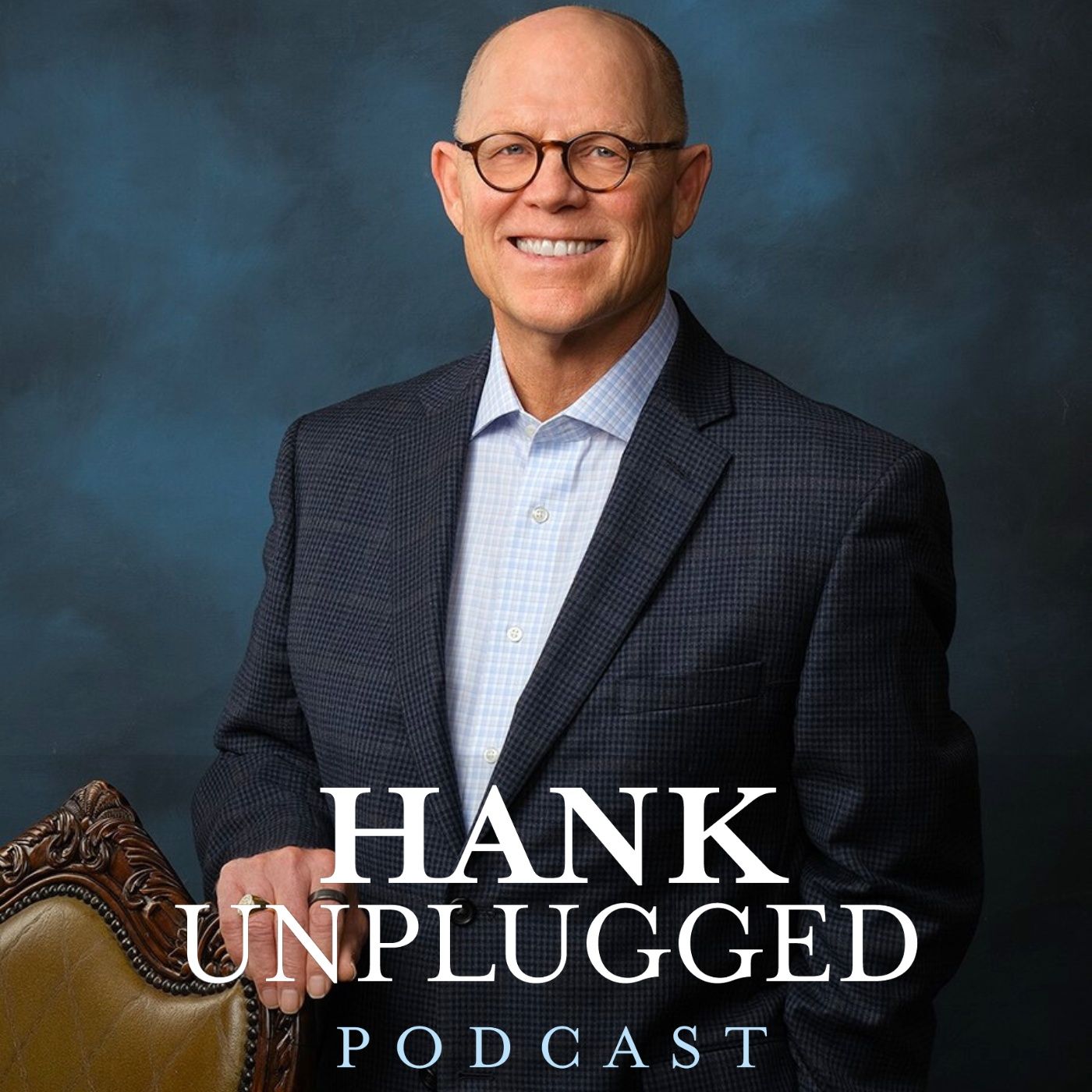Episode Summary
“Before there was a West, there was Christendom.” Fr. John Strickland has written a monumental four-part history of Christendom—from the first millennium of Christendom which he deems “the age of paradise” to our current cultural condition which he labels “the age of nihilism.” telling the story of how both came to be.On this episode Fr. John Strickland joins Hank to discuss his book The Age of Paradise: Christendom from Pentecost to the First Millennium, which provides an overview of the first thousand years of Christendom ranging from Pentecost to the Great Schism. The Age of Paradise is the first of a four-volume history of Christendom, a civilization with a supporting culture that gave rise to what we now call the West. At a time of renewed interest in the future of Western culture, author John Strickland—an Orthodox scholar, professor, and priest—offers a vision rooted in the deep past of the first millennium. At the heart of his story is the early Church’s “culture of paradise,” an experience of the world in which the kingdom of heaven was tangible and familiar. Drawing not only on worship and theology but statecraft and the arts, Fr. John Strickland reveals the remarkably affirmative character Western culture once had under the influence of Christianity - in particular, of Eastern Christendom, which served the West not only as a cradle but as a tutor and guardian as well. For more information on receiving The Age of Paradise, The Age of Division, The Age of Utopia, and the Age of Nihilism individually, as a package of two or three or the full 4 Volume set for your partnering gift please click here. https://www.equip.org/product/cri-resource-the-age-of-paradise-the-age-of-division-the-age-of-utopia-the-age-of-nihilism-4-volumes-on-ages-of-christendom-hup/Topics discussed include: Peter’s Pentecost sermon and the importance of repentance in the Christian life (3:00); the significance of definite articles in translations and how it impacts our understanding of Christian history and tradition (8:15); why did the early Church grow so rapidly? Is it possible to experience a similar Pentecost in the 21st century? (11:30); what was the attraction of the early Christian Church for women? (18:30); the Great Persecution—the last and most severe persecution of the Roman Empire by Diocletian (23:50); the unpredictable impact of Constantine on Christianity (29:00); Constantinianism—why are some Christians so critical of Constantine? (37:25); symphony and caesaropapism—different models of Christian statecraft (42:10); how either a pessimistic or optimistic view of the world can dramatically impact Christian tradition (46:25); iconoclasm—Christianity’s first reformation (52:00); the significance of the Ecumenical councils—and why are they ignored by many modern Christians (1:00:00); the significance of doctrinal precision and integrity defined by the Church councils (1:05:30); what is the significance of the filioque—the insertion of “and the son” in the Nicene Creed (1:09:55); the Nicolaitan Schism vs the Photian Schism (1:14:20); how escapism became a key paradigmatic distinction between Eastern and Western Christians (1:17:00); the eschatological direction of the Old Christendom vs. the New Christendom (1:27:25); the model for missions provided by Cyril and Methodius and what we can learn from it today (1:31:00); reformational Christianity vs traditional Christianity (1:34:20); a preview of the upcoming podcast with Fr. John Strickland on his book The Age of Division: Christendom from the Great Schism to the Protestant Reformation (1:38:45); the importance of historical literacy for Christians (1:41:00).Listen to Hank’s podcast and follow Hank off t
